In 2017, the FDA restricted triclosan use in toothpaste. This acne-fighting ingredient vanished from U.S. toothpaste brands by 20191. The American Academy of Dermatology warns against using toothpaste for pimples2.
Some believe toothpaste ingredients can dry pimples and reduce inflammation. However, the risks often outweigh any potential benefits2. Experts suggest using over-the-counter acne treatments instead.
Products with benzoyl peroxide and salicylic acid are effective alternatives. They target bacteria and remove dead skin cells without harsh side effects12.
Key Takeaways
- Toothpaste is not an effective or safe acne treatment, despite popular belief.
- The FDA banned triclosan, a former acne-fighting ingredient in toothpaste, due to safety concerns.
- Using toothpaste on pimples can lead to skin irritation, dryness, and potential long-term damage.
- Over-the-counter acne treatments with benzoyl peroxide and salicylic acid are safer and more effective alternatives.
- Consult with a dermatologist for personalized advice on managing acne and maintaining healthy skin.
The Toothpaste Acne Treatment Myth
You might have heard about using toothpaste to zap pimples. But does this home remedy actually work? Let’s explore the myth’s origins and examine toothpaste ingredients once thought to fight acne.
Origins of the Toothpaste Acne Remedy
The pimple toothpaste treatment’s exact origins are unknown. Its popularity likely grew due to certain toothpaste ingredients. Many formulas once contained triclosan, a chemical that could kill acne-causing bacteria3.
Triclosan was an antifungal and antibacterial agent in most toothpastes. Many manufacturers no longer use it due to health concerns4. The FDA suggests triclosan could harm thyroid hormones3.
Ingredients in Toothpaste Thought to Help Acne
Other toothpaste ingredients like baking soda, alcohol, and hydrogen peroxide can dry out skin. This may temporarily reduce acne’s appearance3. However, these ingredients can also irritate the skin5.
Menthol in toothpaste may reduce pain and swelling for a short time3. Sodium lauryl sulfate can dry oily skin and decrease bacteria. But it’s often avoided in skincare due to its irritating effects3.
Using toothpaste for acne can harm your skin. Ingredients like alcohol, hydrogen peroxide, and fluoride might make acne worse5. Sodium lauryl sulfate, menthol, and sodium benzoate can damage skin or cause allergic reactions4.
Be careful with DIY acne remedies like toothpaste. Dermatologist-approved products are safer and more effective for treating acne4. It’s best to consult a dermatologist before trying natural remedies for skin care4.
Check back often for the best reviews on beauty supplies, including the best acrylic nails, best nail polish remover, best hair color kit, best hair growth serum, best skincare routine, best moisturizer for dry skin, best vegan beauty products, best cruelty-free makeup, best anti-aging cream, best foundation for oily skin, best makeup brushes, and the best beauty blender.
Risks of Using Toothpaste on Pimples
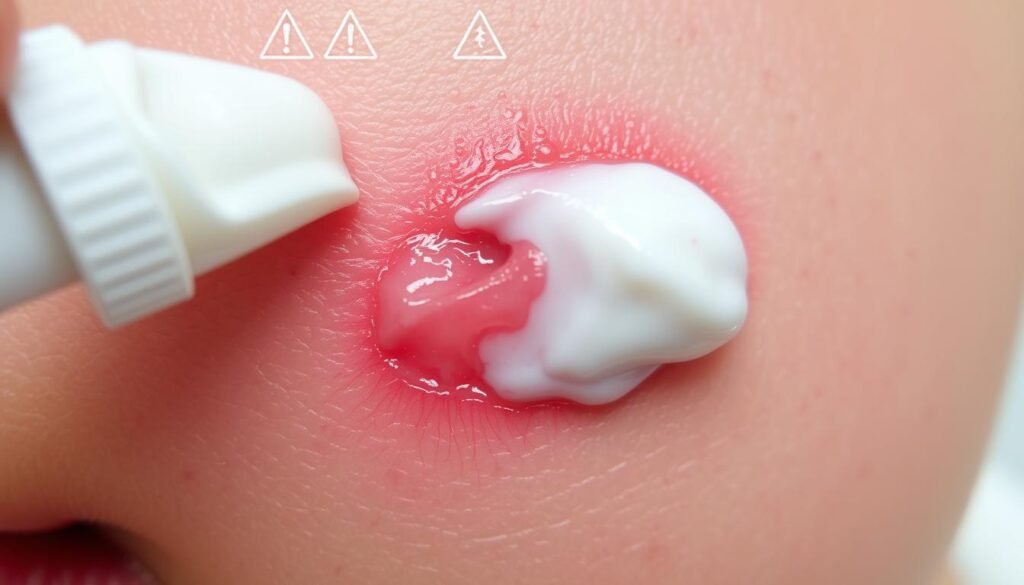
The toothpaste acne hack might seem like a quick fix for pimples. However, it can harm your skin more than help it. Let’s explore why you should avoid this risky treatment.
Toothpaste Can Irritate Sensitive Skin
Toothpaste has a basic pH, while our skin is naturally acidic. This difference can upset your skin’s balance, causing redness and inflammation6.
Some ingredients, like sodium lauryl sulfate (SLS), can be very irritating. They may even cause a chemical burn on your skin7.
Overdrying May Worsen Acne
Toothpaste often contains baking soda and alcohol. These ingredients can dry out pimples, but they also strip your skin’s protective barrier7.
This disrupts the good bacteria that fight acne. As a result, your skin might produce more oil, leading to more breakouts6.
Potential for Chemical Burns and Contact Dermatitis
Applying toothpaste to pimples can cause severe side effects. These include chemical burns or contact dermatitis.
Toothpaste with fluoride and teeth whiteners is especially harmful for pimples7. The American Academy of Dermatology warns against using acne products with alcohol6.
| Toothpaste Ingredient | Potential Risk |
|---|---|
| Sodium Lauryl Sulfate (SLS) | Can be highly irritating, potentially causing chemical burns |
| Baking Soda | Strips skin’s protective barrier, disrupts natural bacteria |
| Alcohol | Overdries and irritates skin, can worsen acne |
| Fluoride and Teeth Whiteners | Considered the worst toothpaste ingredients for pimples |
Skip the toothpaste hack and opt for safer acne treatments. Wash your face twice daily with a gentle cleanser. Use non-comedogenic moisturizers and spot-treat with proven ingredients67.
Visit us for top beauty supply reviews. We cover nail treatments, skin brighteners, and professional nail care tools. Find info on vegan cosmetics, anti-aging serums, and makeup for all skin types.
Is Toothpaste a Good Acne Treatment?
Toothpaste isn’t a good acne treatment, despite seeming like a quick fix. It can dry out pimples, but the risks outweigh the benefits. Acne-specific products are safer and more effective8.
Toothpaste has ingredients that can irritate the skin. These include baking soda, alcohol, hydrogen peroxide, menthol, and sodium lauryl sulfate. These components are often too harsh for acne treatment8.
Sodium lauryl sulfate is especially harsh. It can cause skin irritation, particularly for those with sensitive skin8.
Toothpaste’s pH level differs from skin’s natural balance. Overuse can lead to rashes and burning on sensitive skin8. Some people may develop chemical burns or contact dermatitis from applying toothpaste to pimples9.
I once tried using toothpaste as a spot treatment for a stubborn pimple, but it left my skin feeling dry, tight, and irritated. I quickly realized that toothpaste is meant for teeth, not for delicate facial skin.
Over-the-counter acne products are better alternatives. They often contain salicylic acid, benzoyl peroxide, and topical retinoids. Dermatologists recommend these for acne prevention and treatment8.
These products are designed for acne-prone skin. They’re milder than toothpaste, making them safer and more effective9.
Toothpaste isn’t a good acne treatment, despite its appeal. Its harsh ingredients and potential for irritation make it risky. Stick to acne-specific products for healthier, happier skin.
Check back often for the best reviews on beauty supplies. We cover hair growth serums, foundations for oily skin, and anti-aging creams. We also review acrylic nails, hair color kits, and vegan beauty products. Find info on cruelty-free makeup, moisturizers for dry skin, and skincare routines. We also cover makeup brushes, beauty blenders, and nail polish removers.
Safer and More Effective Acne Treatments
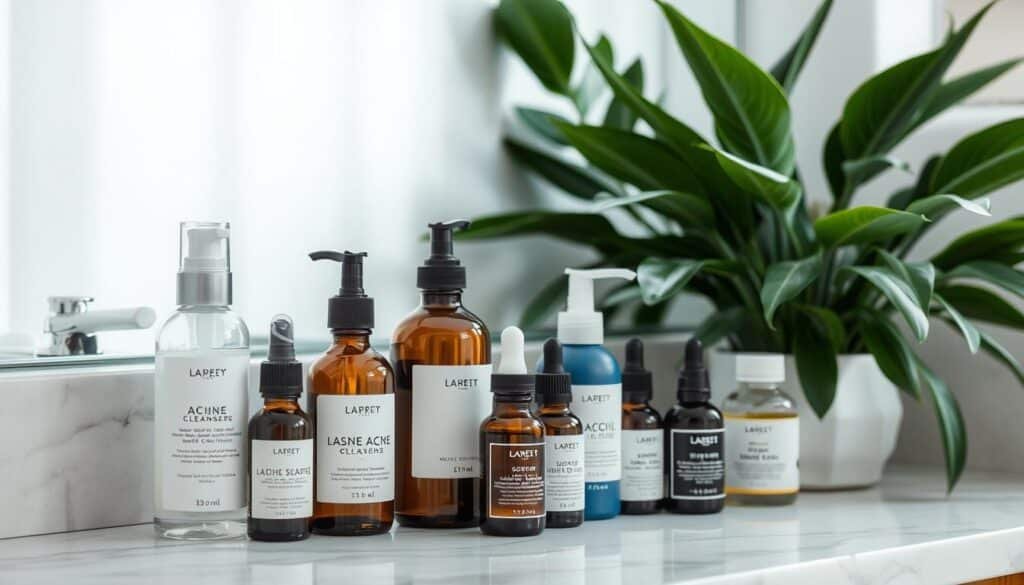
Toothpaste isn’t meant for your skin. It’s better to use safe, effective acne treatments designed for your face. These options won’t irritate or harm your delicate skin.
Over-the-Counter Acne Products
Over-the-counter products are a great starting point for acne treatment. Look for benzoyl peroxide, salicylic acid, adapalene, and azelaic acid. These ingredients clear mild-to-moderate acne by unclogging pores and reducing inflammation10.
Choose a 2.5% benzoyl peroxide concentration to avoid dryness and irritation. Acne products come as cleansers, toners, spot treatments, and moisturizers10.
Be patient and consistent. It can take 4 to 8 weeks to see fewer breakouts. Full clearing may take up to 16 weeks10.
Natural Home Remedies for Acne
Tea tree oil is a natural acne-fighter. It has antimicrobial properties that can reduce acne severity. Use it as a spot treatment or add it to skincare products.
Willow bark extract, charcoal, sulfur, and clay also help clear skin. They absorb excess oil and exfoliate. Natural remedies work slower but are gentler for sensitive skin.
Introduce natural remedies gradually. Watch for any bad reactions on your skin.
Prescription Acne Medications
If over-the-counter treatments don’t work, see a board-certified dermatologist. They can prescribe stronger medications like topical retinoids, antibiotics, or oral treatments10.
These medications target excess oil, clogged pores, and inflammation. They’re great for moderate-to-severe or stubborn acne. Discuss options if pregnant or trying to conceive10.
| Acne Treatment | Key Benefits | Best For |
|---|---|---|
| Over-the-Counter Products | Easily accessible, cost-effective, and formulated with proven acne-fighting ingredients like benzoyl peroxide and salicylic acid11 | Mild-to-moderate acne, occasional breakouts, and maintenance after clearing acne |
| Natural Home Remedies | Gentler alternatives, often derived from plant-based sources, that can help reduce acne severity and promote clearer skin | Those with sensitive skin, a preference for natural ingredients, or as a complementary treatment to traditional acne products |
| Prescription Medications | Stronger formulations that target the root causes of acne, including excess oil, clogged pores, and inflammation | Moderate-to-severe acne, persistent breakouts, and cases where over-the-counter treatments have not been effective |
Everyone’s skin is unique. What works for one may not work for another10. Be patient and consistent. Don’t hesitate to seek help if acne persists.
With the right products, you can achieve clearer skin. Skip harmful DIY remedies like the pimple toothpaste treatment.
Always remember, the best approach to treating acne is one that is tailored to your individual skin needs and concerns. By working with a dermatologist and using products formulated for acne-prone skin, you can find the solution that works best for you.
Use these tips for safer, more effective acne treatments. Visit us for reviews on beauty supplies and skincare products.
Conclusion
The toothpaste acne hack is neither safe nor effective for treating acne. Nearly 95% of people aged 11-30 experience acne at some point12. Toothpaste contains harsh ingredients that can irritate skin and cause allergic reactions1213.
Better options exist for fighting acne. Try over-the-counter products with benzoyl peroxide or salicylic acid14. For tougher cases, a dermatologist can prescribe personalized treatments like retinoids or antibiotics14.
Lifestyle changes and non-comedogenic sunscreen can help prevent acne flare-ups14. Always choose products made for your skin type and concerns. Avoid using toothpaste on your face.
Check our site for reviews on beauty supplies. We cover cruelty-free makeup, nail care, hair products, and skincare. Find the best options for your beauty routine, from moisturizers to makeup brushes.
FAQ
Is toothpaste a good acne treatment?
Why did people start using toothpaste as an acne treatment?
What are the risks of using toothpaste on pimples?
What are some safer and more effective acne treatments?
Can toothpaste dry out pimples overnight?
Source Links
- Does Putting Toothpaste on Pimples Work? – https://health.clevelandclinic.org/toothpaste-on-pimples
- Can Toothpaste Get Rid of Pimples Overnight? 6 Acne Treatments – https://www.medicinenet.com/can_toothpaste_get_rid_of_pimples_overnight/article.htm
- Toothpaste For Acne? – Signature Dermatology – https://signaturederm.com/2019/07/15/toohthpaste-for-acne/
- Debunking Acne Treatment Myths – Health Beat – https://jamaicahospital.org/newsletter/debunking-acne-treatment-myths/
- Should you put toothpaste on pimples? The experts explain | Curology – https://curology.com/blog/should-you-put-toothpaste-on-a-pimple/
- Does Toothpaste Help with Acne? – https://www.hackensackmeridianhealth.org/en/healthu/2022/08/30/does-toothpaste-help-with-acne
- Toothpaste on Pimples [Dermatologist’s Opinion] – https://www.mdacne.com/article/toothpaste-on-pimples
- Can Toothpaste Get Rid of Pimples? – https://www.healthline.com/health/toothpaste-on-pimples
- Does Using Toothpaste on Pimples Work to Heal Them Faster? – https://www.verywellhealth.com/does-using-toothpaste-on-pimples-really-work-15530
- Adult acne treatment dermatologists recommend – https://www.aad.org/public/diseases/acne/diy/adult-acne-treatment
- The Truth About Using Toothpaste for Acne: Is It Really a Good Idea? – https://www.clinikally.com/blogs/news/the-truth-about-using-toothpaste-for-acne-is-it-really-a-good-idea?srsltid=AfmBOoq9Ad3g0Cu5gRhcooZ-nA5EQ4x8t5jrBbYROUTPsAW9DB573NO5
- Can toothpaste get rid of acne? – CellDerma USA – https://www.cellderma.com/blog/can-toothpaste-get-rid-of-acne/?srsltid=AfmBOooSN5a2aKK4F5wfiOY8eJGOd66VOeT476ZIkrRXR4hvXJ7lGofo
- The Truth About Using Toothpaste for Acne: Is It Really a Good Idea? – https://www.clinikally.com/blogs/news/the-truth-about-using-toothpaste-for-acne-is-it-really-a-good-idea?srsltid=AfmBOorHLa0ZAV2elFN0mnEcWiKMLuz_ipe-TjVQSBMd-3MRpJ_iyRWW
- St. Louis Dermatologist Reveals: The Truth About Toothpaste & Acne – https://www.midcountyderm.com/post/st-louis-dermatologist-reveals-the-truth-about-toothpaste-acne


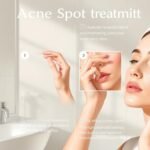

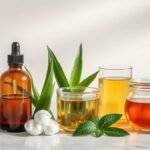
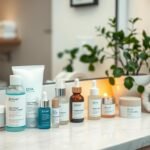
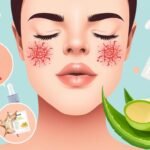

Guys, isnt toothpaste for teeth? Lets not turn our faces into bathroom sinks. Arent there enough actual acne treatments out there?
Acne treatments work differently for everyone. Toothpaste can be a cheap, quick fix!
Interesting read, but honestly, why not use actual acne products? Feels like toothpaste is a desperate midnight move, no?
Interesting read, but honestly, who first thought of smearing toothpaste on their face for acne? Talk about innovative skincare hacks!
Agree, but desperate times often lead to the most creative solutions, dont they?